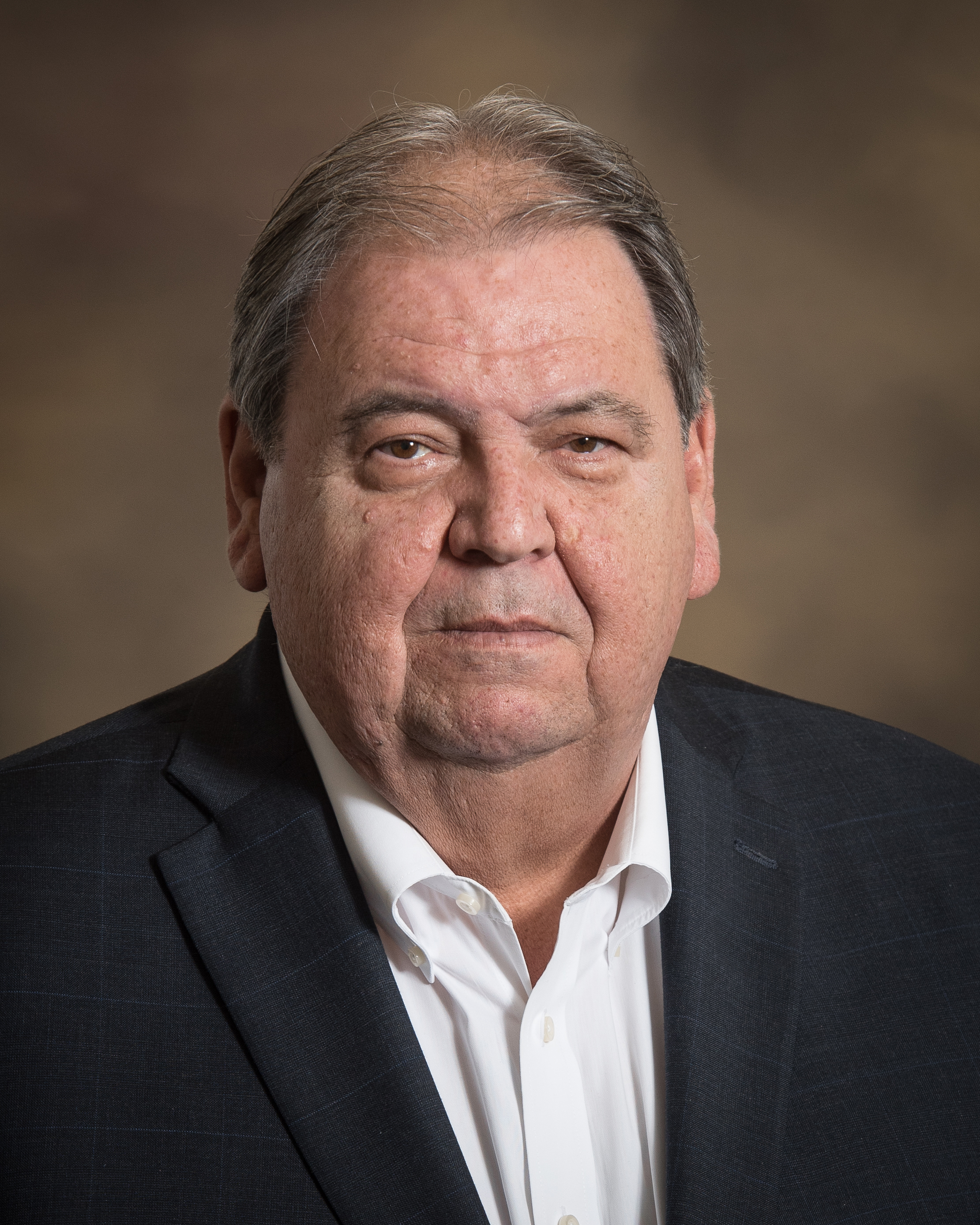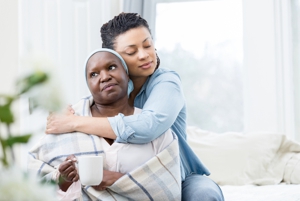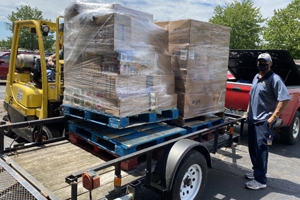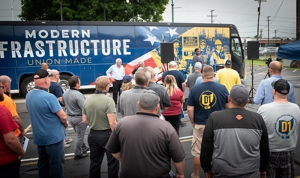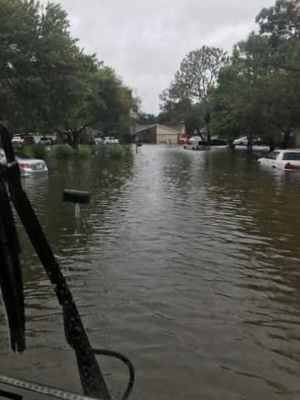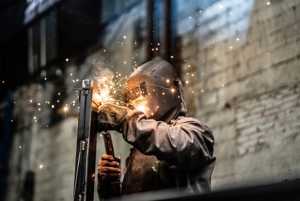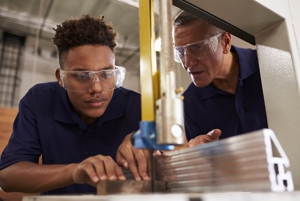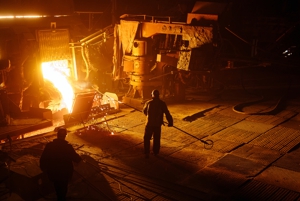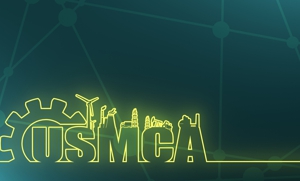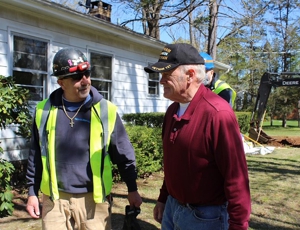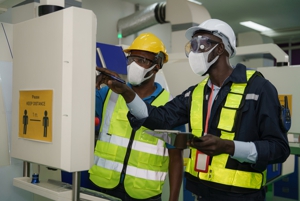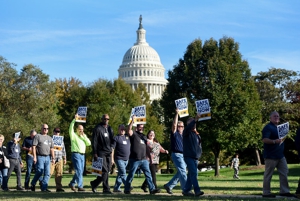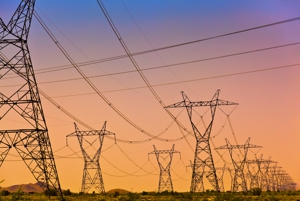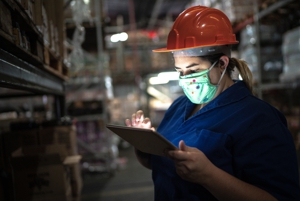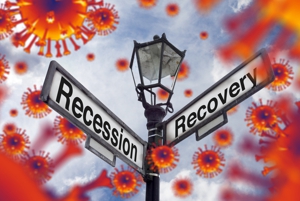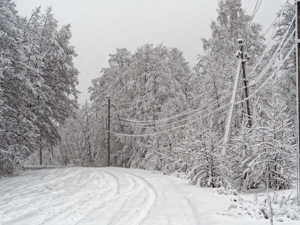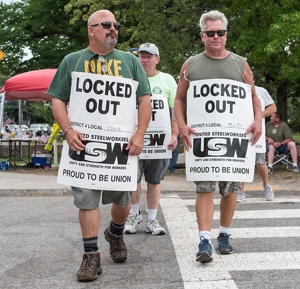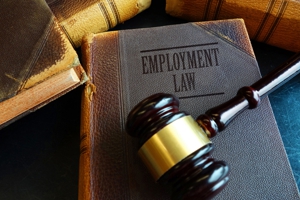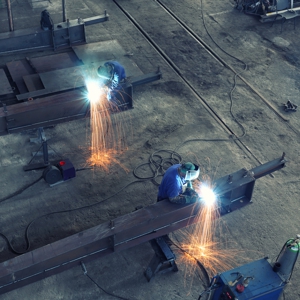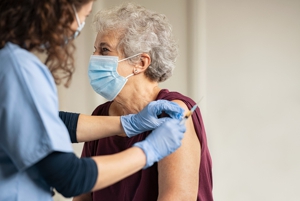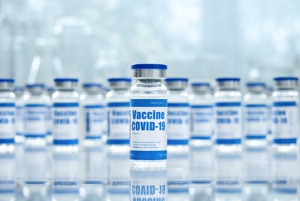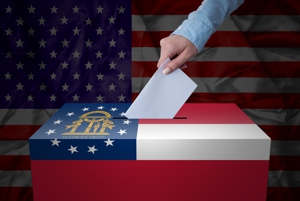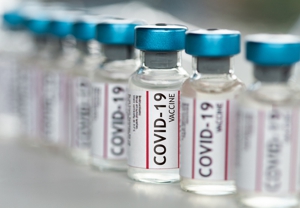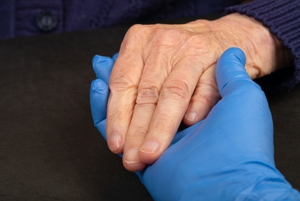At Risk of Collapse
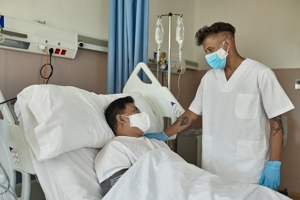
So many people with COVID-19 sought treatment at Providence St. Mary Medical Center in recent months that the hospital triaged patients in a tent outside the facility and set up a makeshift ward in the main lobby.
Many workers put in 14- and 16-hour shifts to keep the Southern California facility operating during the crisis, with some comforting the dying and others volunteering to use their Spanish skills to help communicate with bereft family members over the phone.
But instead of recognizing workers who risked their lives and pushed themselves to exhaustion, the hospital compounded the strain by demanding concessions and dragging out contract negotiations for more than a year.
Around the country, hospitals continue to stretch workers to the breaking point and put the entire health care system at risk.
“The fact is that without us, the hospitals have no one,” observed Alma Garzon, president of United Steelworkers (USW) Local 183, which represents hundreds of workers at Providence St. Mary.
“Some of them don’t understand what we really do,” Garzon said of hospital executives. “The higher-ups are not going to come in and take care of our patients. They’re not going to get their hands dirty.”
The pandemic exacerbated staffing shortages that plagued hospitals, nursing homes and other health care facilities long before COVID-19.
To protect their communities during the crisis, workers stepped up, put in arduous amounts of overtime and took on extra duties. Yet Garzon said that when union officials cited the need to invest in workers and take steps to boost staffing levels, management’s response was: “You signed up for this.”
“That was a big slap in the face,” said Garzon, whose members ratified a new contract Oct. 7, after about 15 months of the hospital’s stonewalling.
More and more health systems treat workers with the same kind of disdain.
That’s fueling widespread burnout and fatigue, and it’s forcing a growing number of health care workers to escalate their fights for fair treatment and patient safety.
More ...
